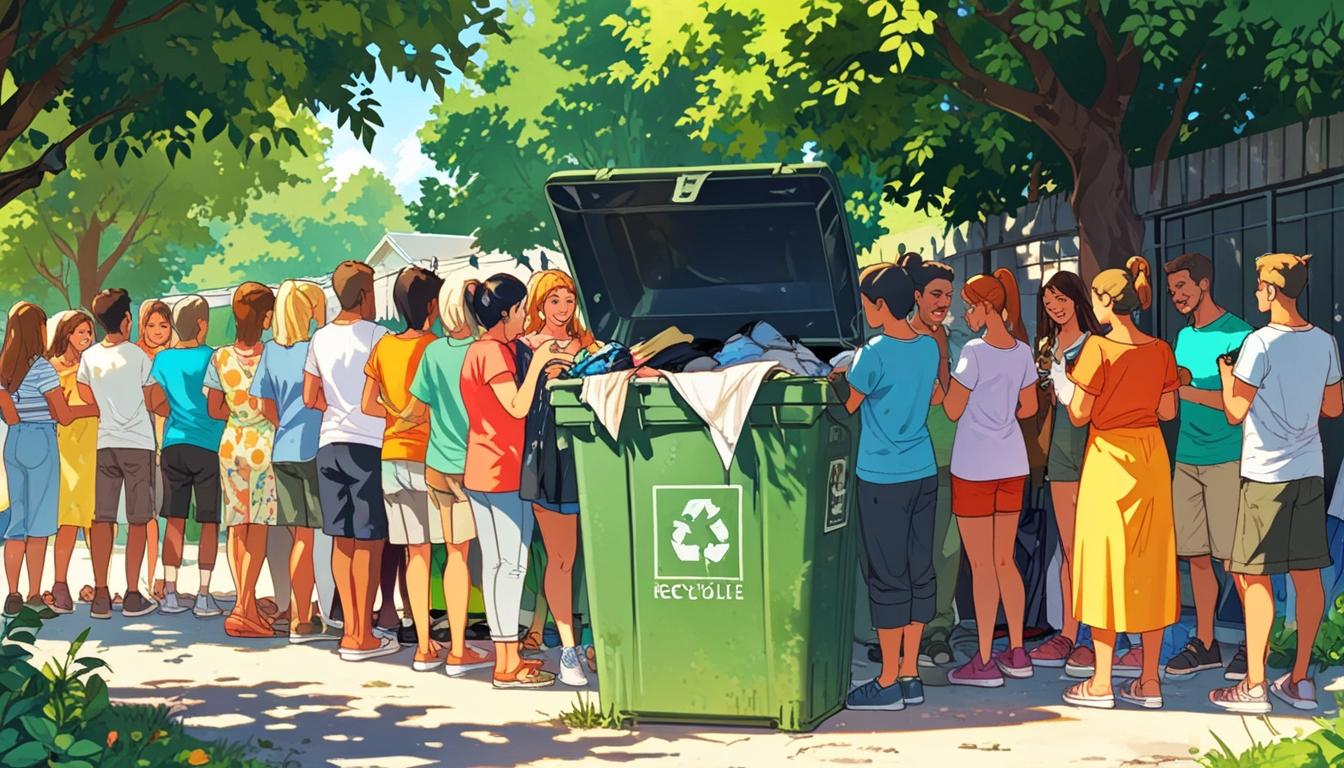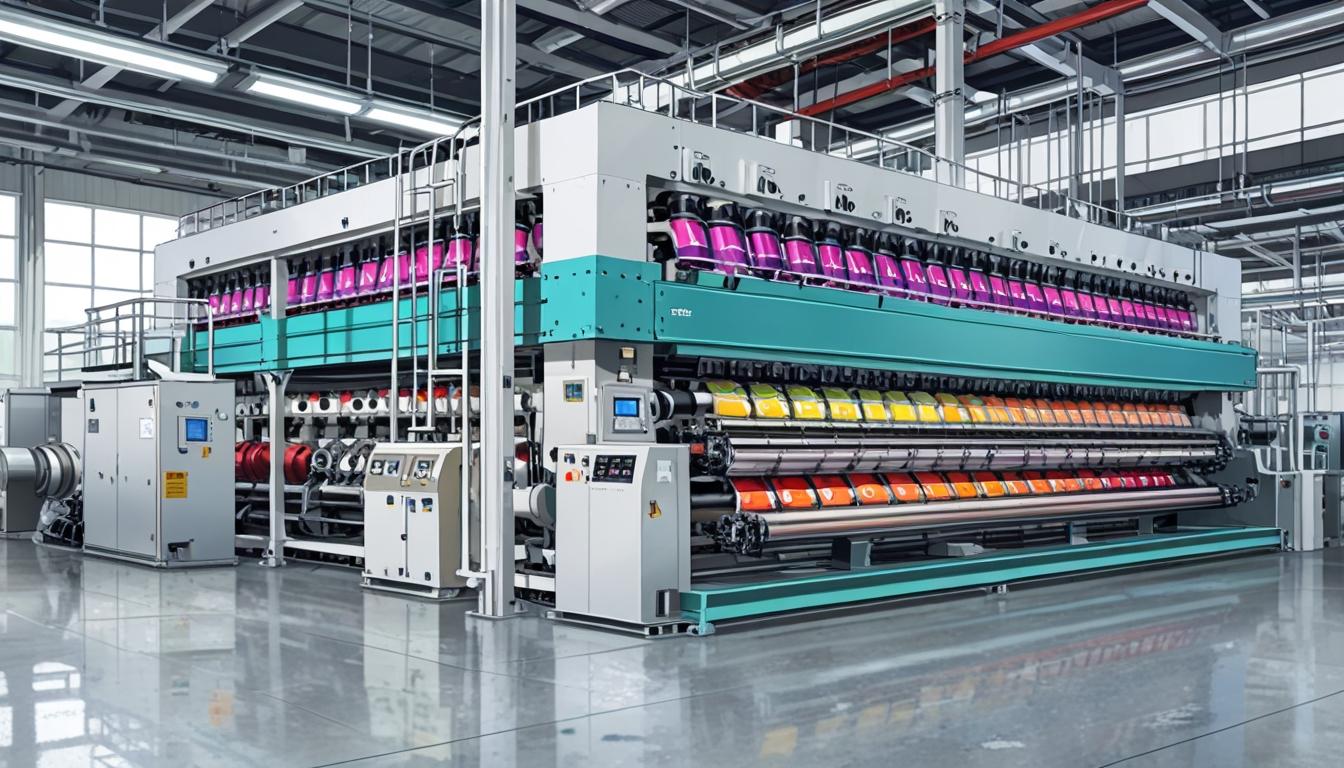Union County, New Jersey, partners with Helpsy to provide clothing recycling bins, aiming to reduce textile waste and environmental impact.
Union County, New Jersey, is initiating a new program aimed at promoting sustainability through the recycling of used clothing. This effort comes in collaboration with Helpsy, an organization dedicated to preventing textiles from ending up in landfills. The county plans to install clothing bins across various locations to provide residents with an accessible method to recycle unwanted apparel and accessories. The items collected will either be resold or repurposed.
Helpsy, known for collecting about 33,000 pounds of used clothing daily, will oversee the distribution of these bins. According to its model, approximately 95% of the clothing retrieved can be reused, thereby diminishing the environmental impact associated with textile waste. The company highlights that its operations significantly mitigate the consumption of resources, saving billions of gallons of water and millions of pounds of carbon dioxide emissions, which are otherwise generated during new clothing production. Helpsy is recognized as a certified B Corporation and Public Benefit Corporation, underscoring its commitment to social and environmental responsibility.
In the United States, an alarming statistic reveals that over 34 billion pounds of textiles are discarded each year. Comparatively, China disposes of more than 26 million tons annually. A significant driver of this waste is the fast-fashion industry, which is characterized by rapid production cycles and cheap materials that lead to short-lived garments. Major brands in this sector, including Shein and Fashion Nova, often contribute to excessive production and resultant landfill overflow. The implications of discarded clothing extend beyond waste management, presenting health risks as they can clog drainage systems and contaminate water supplies while emitting harmful gases.
Union County Commissioner Chairwoman Lourdes Leon commented on the initiative, stating, “This initiative provides our residents with a simple and convenient way to recycle unwanted clothing and textiles, reducing waste and contributing to a healthier planet.” Helpsy further emphasized the community-oriented aspect of this project, revealing that addressing textile waste requires cooperation among various stakeholders, including collectors, legislators, thrift stores, and fashion students.
In a related effort towards sustainable fashion, the women’s boutique Snow Apparel, owned by Snow White in Longmont, Colorado, is gaining attention for its ethical practices. White was inspired to establish her store after witnessing the devastating effects of unsafe working conditions in the garment industry, including a tragic building collapse that resulted in multiple fatalities. Since opening in 2017, her boutique has showcased only those brands that adhere to ethical labor practices and use organic and sustainable materials.
Additionally, the retail landscape for ethical fashion is evolving in Northern Colorado, where boutique owners, including Maggie Naffziger of Create Good Company and Joe and Melissa Basta from Tellus, are dedicated to reducing textile waste through creative reuse and sustainable production methods. Naffziger crafts unique designs from secondhand materials while the Bastas prioritize sourcing recycled and organic fabrics for their outdoor apparel brand.
Sonali Diddi, an associate professor at Colorado State University, emphasizes that shopping local and engaging with sustainable boutiques is beneficial for both consumers and the environment. It fosters a deeper understanding of clothing sources and diminishes the overproduction associated with large retailers.
Despite the positive movements towards sustainability, experts caution that consumer awareness remains a significant hurdle. Diddi points out that overconsumption, even within thrifting, can lead to unchecked wastefulness. Consequently, industry players advise mindful consumer practices, including carefully assessing clothing tags, considering the lifespan of purchases, and researching the brands’ ethical implications prior to buying.
The initiatives in both Union County and Northern Colorado underscore a growing recognition of the environmental impact of textile waste and the importance of fostering a more sustainable approach to fashion and consumption.
Source: Noah Wire Services




